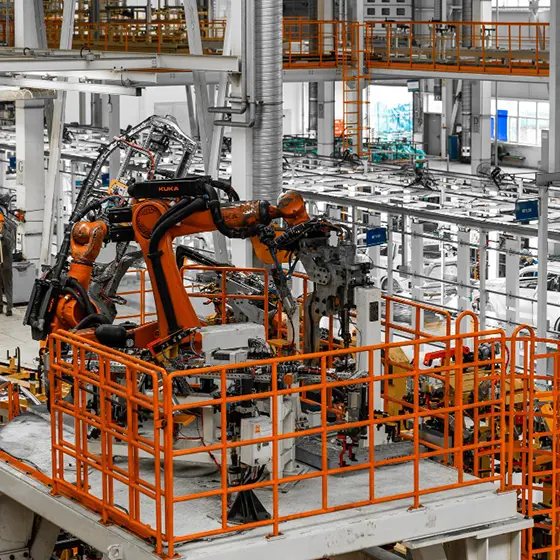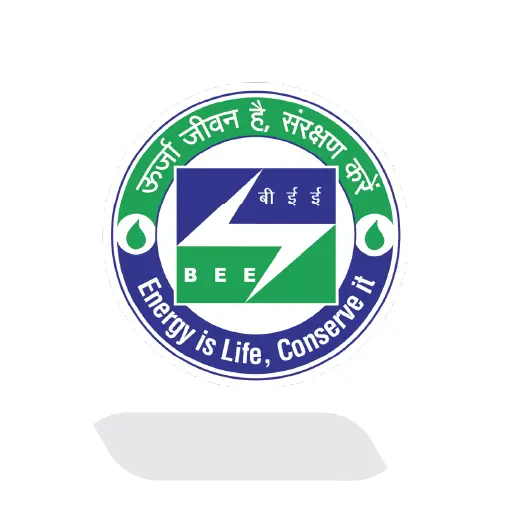
Wireless Planning and Coordination
Our experts provide end-to-end assistance for the WPC certification process in India, offering dedicated support at every stage to ensure a seamless and hassle-free experience.


Introduction
The Bureau of Energy Efficiency (BEE) was established by the Government of India on March 1, 2002, under the Ministry of Power, in line with the provisions of the Energy Conservation Act, 2001. Its primary role is to design policies and strategies aimed at lowering the energy intensity of the Indian economy.
BEE Star Label
S&L Certification Scheme
To promote energy efficiency and reduce power consumption in household appliances, BEE introduced the Standards & Labeling (S&L) program. This scheme helps achieve the broader goal of reducing the nation’s overall energy usage.
Objective
The regulation is designed to empower consumers with transparent information on the energy efficiency of products, enabling them to make cost-effective and environmentally conscious choices.
Requirements
Any product falling under BEE’s scope must be registered and display an official star label before being sold in India. It is the obligation of the manufacturer, importer, or distributor to comply with the performance benchmarks specified by BEE.
Government Initiative
Ministry of Power
Energy Efficiency
Lower energy use
Star Labeling
Informed consumer choice
Founded March 1, 2002 · Under Energy Conservation Act, 2001
Dealer Possession License (DPL)
Authorization for Wireless Product Dealers
Dealer Possession License (DPL)
Purpose & Scope
A DPL is granted to prospective distributors and dealers of wireless equipment. This license allows an entity to hold and trade in wireless products that function within licensed frequency bands.
Key Authority
A DPL holder can distribute devices to customers, but each end-user must already hold a valid WPC-issued Operating License or equivalent authorization.
Important: Applicants seeking a Demonstration License must already have a DPL. If not, they are required to apply for a DPL first.
Documentation for DPL License
Duly filled Application Form
Valid identity proof of the signatory (Aadhar, PAN, etc.)
Photograph & signature specimen of the signatory
Technical datasheet of the wireless product
Company Incorporation Certificate (CIN)
Important: All submitted documents must be digitally signed by the applicant.
Validity & Renewal
Annual Validity
The license is valid until the end of December each year and must be renewed before its expiry date.
Non-Dealer Possession License (NDPL)
Purpose & Scope
An NDPL is issued to an individual or organization that is not a dealer of wireless products and does not hold any other WPC license but still intends to keep wireless equipment in their possession.
Pre-requisite
Before applying for NDPL, the applicant must already have a DL (Decision Letter), WOL (Wireless Operating License), or a WOC Reference Letter.
DPL vs NDPL Comparison
DPL (Dealer Possession License)
For
Distributors & authorized dealers
Authority
Permits possession & trading of wireless devices
Documents
Five key documents required
NDPL (Non-Dealer Possession License)
For
Non-dealers retaining equipment
Authority
Allows possession of wireless apparatus
Pre-requisite
DL, WOL, or WOC Reference Letter required
Examples of Products Covered
DPL and NDPL Coverage
Wireless Telegraphy Equipment
Licensed spectrum usage
Walkie Talkie
Portable two-way device
Two-way Radio
Used in professional communication
Licensed Frequency
Operates within approved spectrum bands
Annual Renewal
Valid till December, requires timely renewal
Digital Signature
Mandatory for document authentication
WPC License Compliance · Licensed Spectrum Usage · Annual Renewal Obligation
Frequently Asked Questions
BEE Certification is issued by the Bureau of Energy Efficiency, Government of India, to ensure that products meet energy efficiency standards and display the BEE Star Label.
BEE Certification is mandatory for certain appliances like air conditioners, refrigerators, and LED lamps to promote energy savings and reduce electricity consumption in India.
Appliances like air conditioners, refrigerators, televisions, ceiling fans, LED lamps, washing machines, and many others fall under mandatory or voluntary BEE labeling programs.
The Star Rating ranges from 1-Star to 5-Star, with 5-Star being the most energy-efficient. Higher star ratings indicate lower electricity consumption and better performance.
The Bureau of Energy Efficiency (BEE), under the Ministry of Power, Government of India, is the authority responsible for granting BEE Certification and Star Labels.
The manufacturer must apply to BEE with product test reports from NABL-accredited labs, submit required documents, and obtain approval before affixing the BEE Star Label.
BEE Licenses are generally valid for 3 years and must be renewed by submitting updated test reports and compliance documents before expiry.
Selling appliances that fall under mandatory BEE labeling without certification is illegal and may result in penalties, product seizure, and cancellation of market approvals.
Yes, foreign manufacturers can apply for BEE Certification through an Authorized Indian Representative (AIR) who will coordinate with BEE on their behalf.
BEE Certification improves consumer trust, ensures regulatory compliance, increases product competitiveness, and highlights the brand’s commitment to energy efficiency.